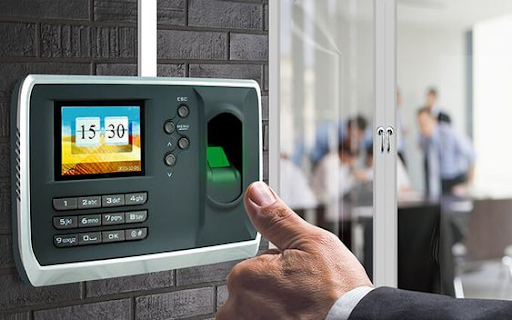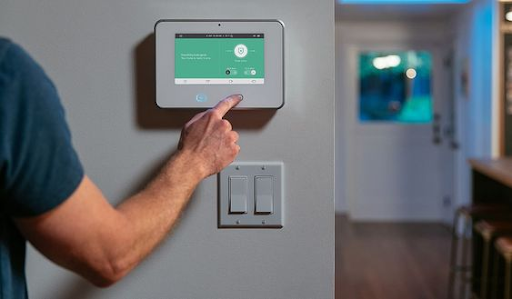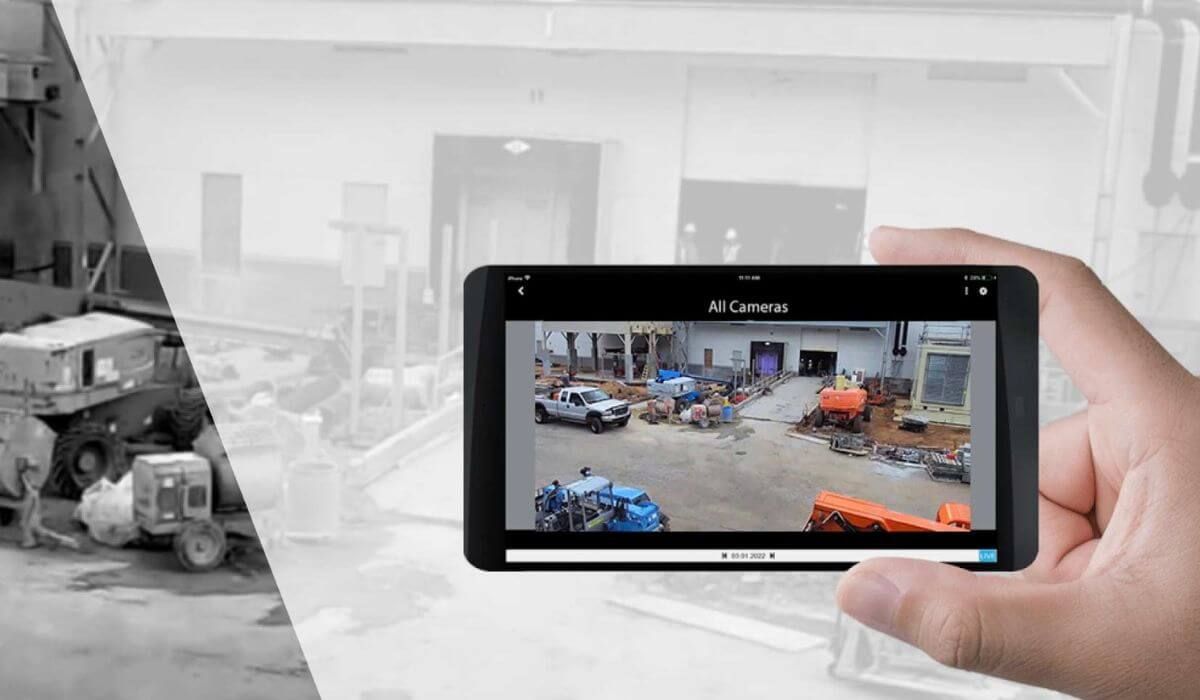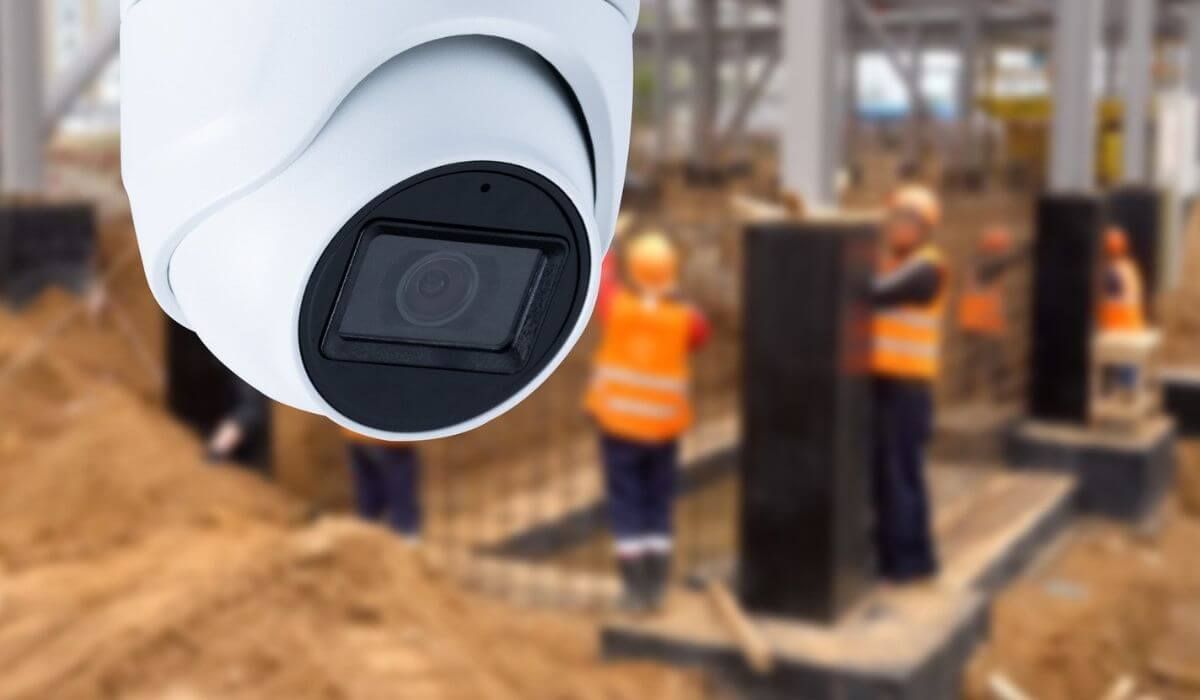How Do Alarm Systems Work: Unveiling Modern Tech
This article dives deep into the world of modern alarm systems, unveiling the technology that safeguards homes and businesses. We'll explore how advancements have transformed these systems into efficient and reliable pillars of security, with a focus on solutions offered by Scavi Security, a leading provider of security systems in Melbourne.
Basic Principles of Alarm Systems
Modern alarm systems rely on a foundation of core technologies and methods. When a sensor detects a potential security breach, it sends a signal to a central control panel. This panel then triggers an alarm (loud siren or flashing lights) and may initiate pre-programmed actions, like contacting a monitoring station or sending alerts to the homeowner's smartphone.
Types of Sensors Used in Alarm Systems
There are various sensors that work together to form a comprehensive security net:
- Motion detectors: These use infrared technology or microwave sensors to detect movement within a designated area. They can be pet-immune to avoid false alarms triggered by furry friends. Scavi Security offers a wide range of motion detectors to suit different needs and environments.
- Door and window sensors: These sensors, often installed on door and window frames, detect when a door or window is opened unexpectedly. Scavi Security can advise on the most suitable sensor types for your specific entry points.
- Glass break detectors: These sophisticated sensors use sound recognition technology to detect the specific frequencies associated with breaking glass, providing an extra layer of security. Scavi Security's security consultants can help you determine if glass break detectors are a valuable addition to your system.
Key Components of Modern Alarm Systems
Several essential components work in concert to make an alarm system function:
- Control panel: The brain of the system, it receives signals from sensors, processes them, and triggers alarms or other actions. Scavi Security's technicians can program your control panel to meet your specific security preferences.
- Keypad: This allows users to arm and disarm the system, often with a personalized code.
- Sirens: These emit loud noises to deter intruders and alert people nearby. Scavi Security offers a variety of siren options, including indoor and outdoor sirens, to ensure maximum coverage.
Role of the Control Panel in Alarm Systems
The control panel is the central hub of a modern alarm system, acting as the brain that coordinates all its functions. Here's a closer look at its key roles:
- System control: The control panel receives signals from various sensors throughout the property. It analyzes these signals to determine if a security breach has occurred. Based on programmed settings, it can then trigger various actions. Scavi Security's security consultants can help you customize these settings to fit your specific needs.
- Connectivity: The control panel can connect to a monitoring station via a phone line, cellular network, or internet connection. This allows for remote monitoring and intervention in case of an emergency. Scavi Security can advise on the most reliable connectivity options for your system.
- User interaction: The keypad is typically connected to the control panel, allowing users to interact with the system. Users can arm and disarm the system, view system status, and adjust settings through the keypad.
The Evolution of Alarm System Technology
Alarm systems have come a long way, from basic models to the sophisticated smart systems available today:
From Wired to Wireless Systems
Traditional systems relied on wired connections between sensors and the control panel. Modern systems often utilize wireless technology, offering greater flexibility during installation. Scavi Security's experienced technicians can seamlessly install wired or wireless systems based on your property's requirements.
Smart Alarm Systems and IoT Integration
The Internet of Things (IoT)
has revolutionized alarm systems by enabling them to connect with other smart devices in a home:
Benefits of Smart Alarm Systems
- Remote monitoring: Users can check on their system and receive alerts remotely using a smartphone app, allowing you to keep an eye on your property from anywhere in the world. Scavi Security can set up your smart alarm system for remote access.
- Real-time alerts: Get instant notifications on your phone whenever a sensor is triggered, ensuring you're aware of any potential security breaches immediately.
- Automation features: Integrate your alarm system with smart lights, thermostats, or cameras for a more comprehensive security solution. Scavi Security's experts can design a customized smart home security system that integrates seamlessly with your lifestyle.
Conclusion
Understanding how modern alarm systems work empowers you to make informed decisions about your home or business security. As technology continues to evolve, so too do alarm systems. Upgrading to a system that leverages the latest advancements, like those offered by
Scavi Security,
a trusted provider in Melbourne, will provide you with unparalleled peace of mind and a safer environment.
FAQs About Technology Behind Modern Alarm Systems
Q: What are the advantages of smart alarm systems over traditional systems?
Smart systems offer unparalleled convenience and enhanced functionality. They allow for remote monitoring, real-time alerts, and seamless integration with other smart home devices, creating a more robust security ecosystem. Additionally, some smart systems can automate actions.
Q: How can consumers ensure their alarm systems are effectively protecting their property?
- Regularly test your system to ensure all components are functioning correctly. Scavi Security recommends scheduling maintenance checks to ensure optimal performance.
- Maintain a clear zone around motion detectors to prevent false alarms triggered by pets or moving objects.
- Update your system's firmware whenever new versions become available. Scavi Security's technicians can handle these updates for you if needed.
- Consider consulting a security professional for a customized security plan. Scavi Security offers free consultations to assess your security needs and recommend the best system for your home or business.





